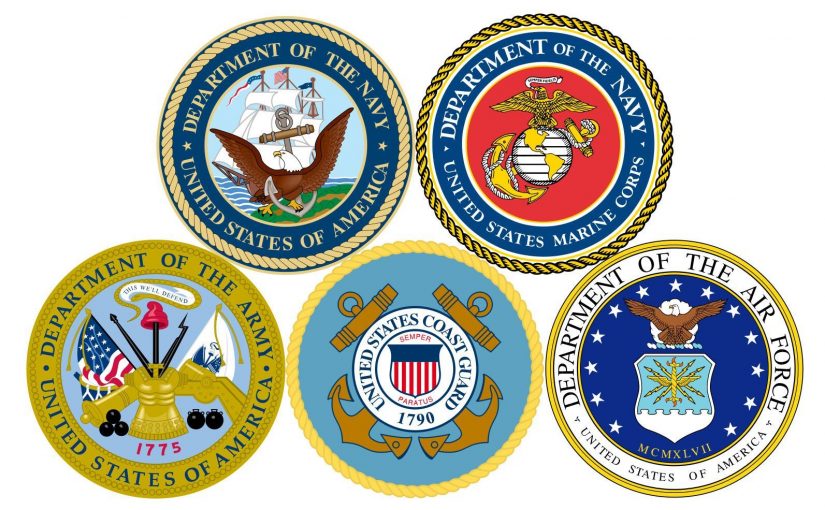Jonathan Hogan
For those of us majoring in government, economics, or a similar field, the government is one of the most popular employment destinations. One position in the government that is often overlooked is the U.S. military, yet it turns out that joining the military after college, although somewhat unusual, is a viable career path.
The perks of an undergrad?
Okay, so it’s June of your graduation year. You’ve just walked, shaken hands with President Carter, and received your diploma. What do you get for that hard-earned diploma in the military? It turns out, actually quite a lot.
Perhaps the biggest perk is that all branches of the military allow someone with a college degree to join an accelerated program that will see them join as an officer. Officers, for those who don’t know, are essentially service members on an upper-level management track. Even at the beginning of their career, an officer is responsible for leading a small number of service members; however, officers, when promoted, become captains, majors, and eventually, generals. These promotions are typically unavailable to enlisted service members, who begin their military careers as privates.
Another major perk of joining the military with an undergrad is that some branches, such as the Army and Navy can enter a loan repayment program that will repay up to $65,000 in student loans. The Marines have a similar program that will pay up to $20,000 for loans and the Airforce will repay up to $10,000 for loans. It is generally expected that officers on a loan repayment program serve for a range of 3-5 years.
Economically speaking, the military is not only a strong option because of the loan repayment program, it also pays well. Officers, for example, immediately earn between $30,000 and $40,000 and typically are not responsible for their housing and food costs when they are posted at a military base. Because officers are often quickly promoted, it can be expected that one’s salary will increase relatively quickly over time. Furthermore, all U.S. service members enjoy extremely good health insurance. The combination of minimal living expenses, a competitive salary that can be expected to increase over time, and superior health care constitute a job offer that is highly competitive for recent graduates.
Being a member of the military is also a strong resume builder for a variety of careers. Having served in the military is looked upon fondly by most governmental departments, and the general public (should one wish to get into politics). Furthermore, officers can often specialize in areas that will allow them to enter the market with valued experience. Cyber security is a good example of this, as officers that specialized in cyber during their time in the military can easily transition to high-paying private sector cyber security jobs.
As is perhaps evident by the extensive list above, there are quite a lot of benefits for joining the military after receiving a bachelor’s. This is, of course, not to say that joining the military is the right option for everyone. The military may not be the right stepping stone for one’s intended career. It is also, when compared to other jobs, a very large commitment that often sees service members deployed for months at a time. Furthermore, the military is often responsible for executing U.S. foreign policy at the cost of human life. One ought to be certain that they are ideologically/morally willing to take part in this institution and that they are ready to assume such high personal risk. Should one be unphased by these realities, however, the military is an option worth considering.
Works Cited
Faris, Stephanie. “Benefits of Joining the Army With a Bachelor’s Degree.” Career Trend, 9 Dec. 2018, https://careertrend.com/benefits-of-joining-the-army-with-a-bachelors-degree-13654867.html.
“Joining the Military After College: Benefits, Steps, & Expert Advice.” Become, 9 Nov. 2020, https://www.learnhowtobecome.org/career-resource-center/joining-military-after-college/.

Jonathan is a Third Year German and Government major. He works as a Peer Educator to assist students in the CJW and GLI career communities. In addition to professional development, Jonathan is interested in the cultural construction of the modern nation-state, normative constraints on rational behavior, and all things German. You can schedule an appointment with him here to improve your resume, learn more about the CJW and GLI career opportunities, and work on anything else professional development-related.
